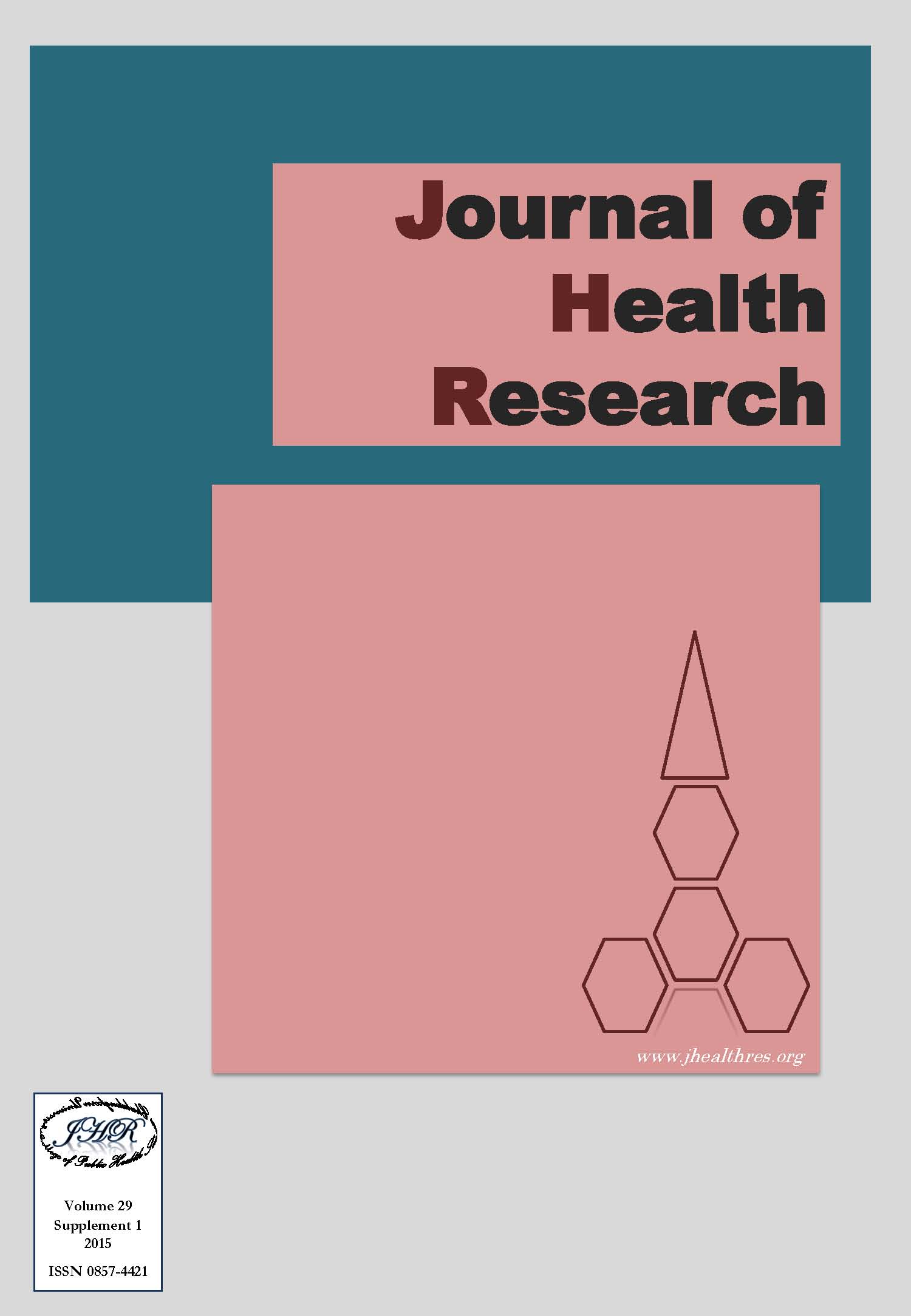Predictors of Intention to Practice Exclusive Breastfeeding among Pregnant Working Women in Jakarta, Indonesia
Keywords:
Exclusive breastfeeding, Pregnant working women, IndonesiaAbstract
Background: Breast milk is an ideal form of nutrition to support optimal growth and development of infants. Not only infants could get many advantages from breastfeeding but also the mothers who breastfeed have a chance to gain physical and psychological advantages. Although there are a lot of advantages of breastfeeding, working mothers are facing many challenges to adopt the practice of exclusive breastfeeding, including return to work and short duration of maternity leave. Concerning these challenges, pregnant working women should determine the intention to practice exclusive breastfeeding as a first step of breastfeeding practice process. The study aimed to identify significant predictors of the breastfeeding intention.
Methods: A cross-sectional survey was conducted among 118 pregnant working women in Antenatal Care Unit, Public Health Centre of Sint Carolus Hospital Jakarta, Indonesia by purposive sampling. A standard multiple regression was performed to identify factors predicting intention to practice exclusive breastfeeding, based conceptually on the Theory of Reasoned Action.
Results: The findings revealed that perceived behavioral control (β = 0.49, p< .001) was the strongest predictor to explain the intention, followed by perceived norm (β = 0.19, p = .01), while attitude was not a significant predictor of intention (β = 0.17, p = .09).
Conclusions: Perceived behavioral control and perceived norm are significant predictors of intention to practice exclusive breastfeeding. Therefore, it is important for the husband, family, and co-workers to support and facilitate pregnant working women to practice exclusive breastfeeding.







